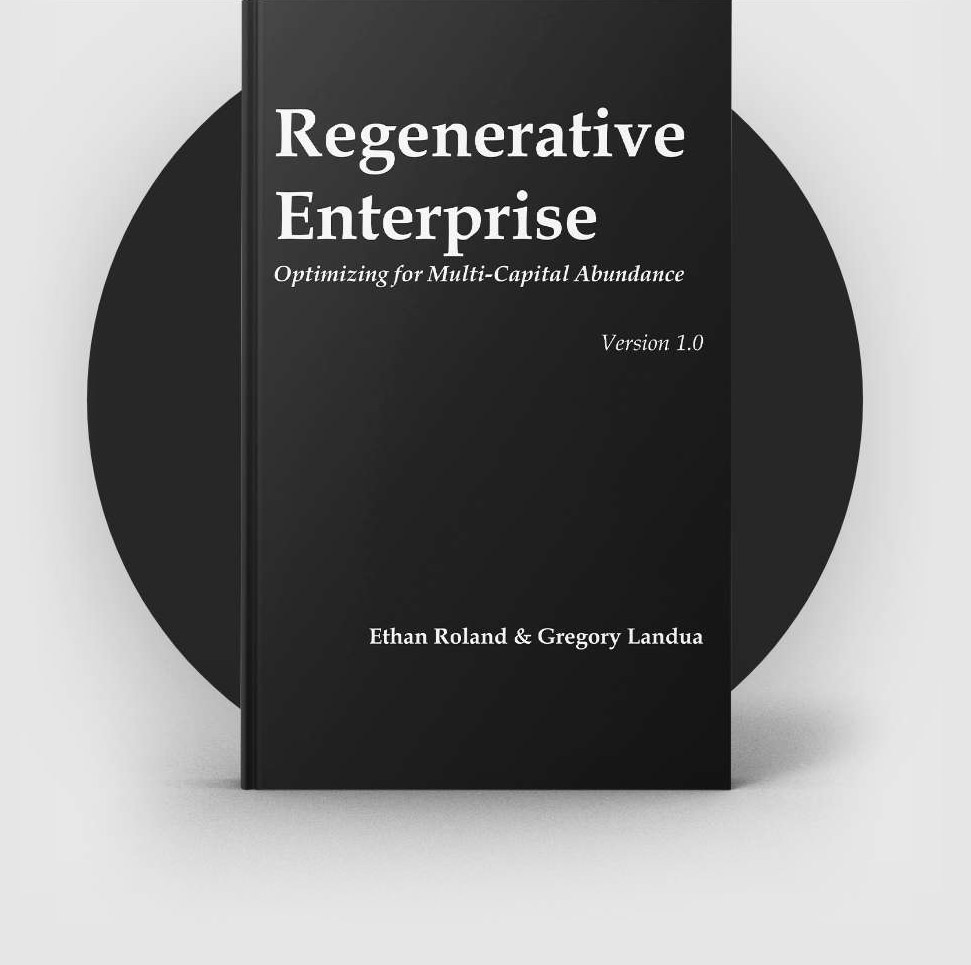Regenerative Enterprise Part 3: Regeneration Defined
Using the eight forms of capital as a lens, it is evident that current human-led processes are rapidly depleting living, cultural, and spiritual capital on a global scale.15 This trajectory fundamentally limits the long-term viability of humans and other species on the planet – instead of life flourishing, it is degenerating.
In this context, degenerative systems optimize the increase of financial and material capital by depleting the fundamental generative basis of living, cultural, and spiritual capital. Degenerative systems intentionally apply intellectual, experiential, and social capital to achieve the increase of financial and material capital at the expense of living capital.
A “sustainable” system is defined as one that maintains existing pools of each form of capital, while providing for the upkeep and replacement of the fundamental living capital that all beings depend on for survival. But simply ‘maintaining’ the currently depleted state of living capital would be disastrous – 90% of all ocean fish would still be lost, two thirds of all species on earth would still be threatened with extinction, and the millions of acres of forest already cut and soil already eroded would not return.
In this context, we must move beyond sustainability and into regeneration of all forms of capital.
Regenerative systems actively build life, complexity and diversity. They grow the foundations and the potential of what humans perceive and experience as ‘wealth’.
15 Millennium Ecosystem Assessment. Ecosystems and Human Well-being:
Synthesis. Washington, DC: Island Press, 2005.
An excerpt from:
Regenerative Enterprise: Optimizing for Multi-Capital Abundance by Ethan C. Roland & Gregory Landua
©2013 Ethan C. Roland & Gregory Landua. All Rights Reserved.
